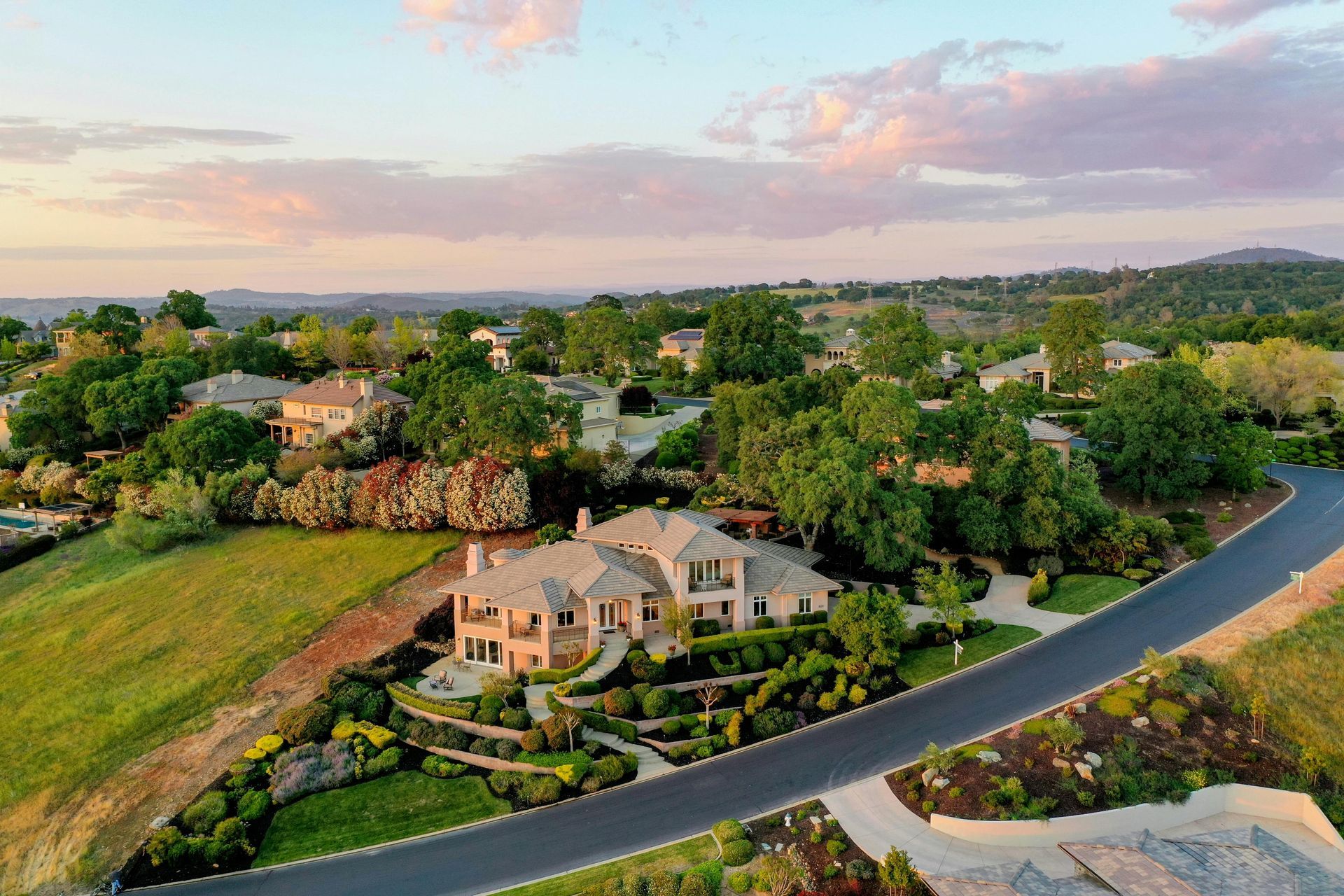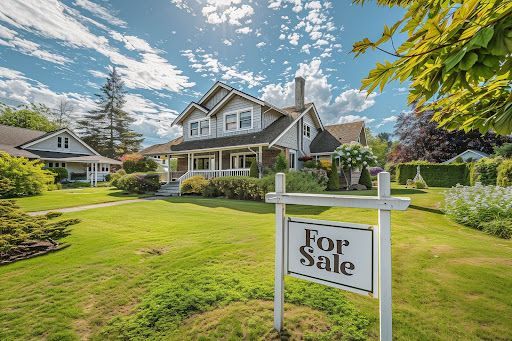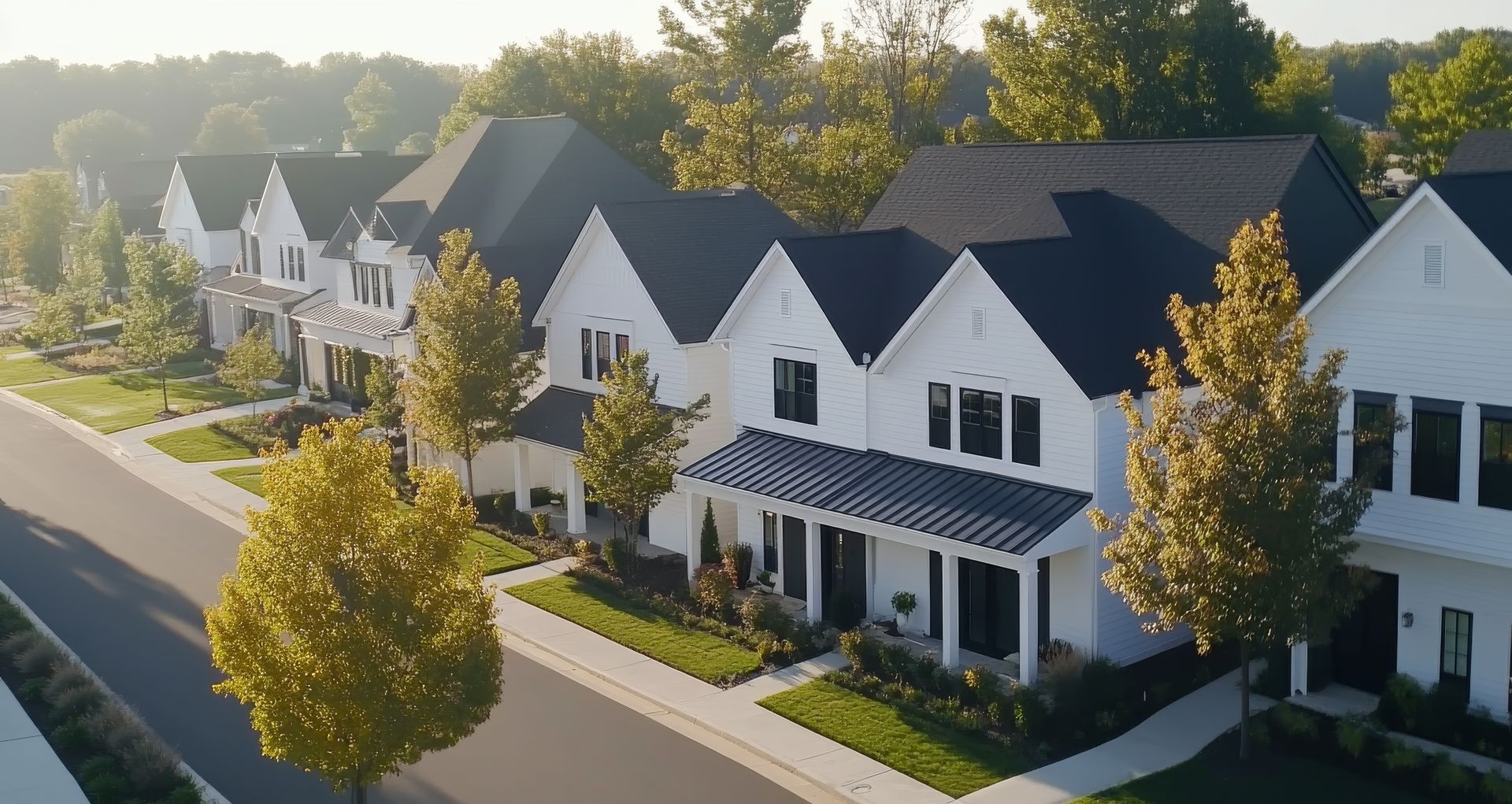Understanding the Impact of Local Events on Your Home's Value
Local events encompass a wide array of activities and developments that occur within a community. In the realm of real estate, these events include economic developments, urban planning projects, cultural festivals, and infrastructure enhancements. Each of these occurrences can have a significant influence on property values, both in the short and long term. Understanding these impacts can provide homeowners with strategic insights into the optimal timing for selling their properties.
Economic Development and Housing Demand
Economic developments often lead to increased demand for housing. When new businesses open or existing companies expand, job opportunities rise, attracting more people to the area. This influx can result in higher demand for homes, driving up property values. For instance, when a major employer moves into a region, the real estate market typically experiences a surge in activity. According to reports from local chambers of commerce, such economic shifts can dramatically alter housing markets.
Case studies from Georgia and Pittsburgh illustrate how economic growth has significantly impacted home values, with areas experiencing job booms seeing notable increases in property prices. The presence of a stable and growing economy can lead to long-term property value appreciation.
Urban Planning and Infrastructure Projects
Urban planning and infrastructure projects also play a crucial role in shaping real estate markets. Improvements such as new transit lines or highway expansions can enhance a neighborhood's accessibility and appeal. These developments often lead to property value appreciation as areas become more desirable. In Atlanta and its surrounding areas, for example, infrastructure enhancements have led to notable increases in home values. The introduction of green spaces and public amenities can further augment the attractiveness of a neighborhood, providing a boost to the local real estate market.
Comprehensive urban planning that includes mixed-use developments can create vibrant communities where residential, commercial, and recreational spaces coexist harmoniously, increasing overall quality of life. This integration supports sustainable growth and can attract a diverse pool of buyers and investors. The installation of advanced utilities and the promotion of environmental sustainability through eco-friendly infrastructure can significantly enhance the long-term desirability of an area, positioning it favorably against other regions and potentially making it a trendsetter in modern urban living.
Cultural Events and Community Vibrancy
Cultural and community events contribute to the vibrancy and attractiveness of a neighborhood. Recurring events like festivals or parades can enhance community engagement, making areas more appealing to potential buyers. In places like Decatur, GA, known for its community-focused activities, such events have a noticeable impact on local real estate markets. The presence of a lively community atmosphere can make a neighborhood more desirable, thereby increasing property values. Areas that foster cultural heritage tend to attract a diverse range of buyers interested in a rich community life. These events not only promote social cohesion but also help preserve the unique identity and history of a locale, which can be particularly appealing to those seeking a sense of belonging and community.
Cultural districts often see investment in local arts and businesses, creating a vibrant economic environment that supports local artisans and entrepreneurs. This can lead to a virtuous cycle where cultural vibrancy attracts more visitors and potential residents, further enhancing the area’s appeal and real estate demand.
Educational Development and Real Estate Dynamics
Another aspect that can influence property values is educational development. The establishment of new schools or improvements in existing educational facilities can attract families to a neighborhood, boosting demand for housing. Areas with reputable schools often experience an increase in property values as parents prioritize quality education for their children. For instance, communities that invest in educational infrastructure often see a ripple effect, enhancing the overall desirability of the area. This underscores the importance of educational facilities as a key factor in real estate dynamics. Investment in higher education institutions can also draw a population that supports local housing demand.
Strategic Timing and Market Trends
For homeowners looking to sell, timing is everything. Monitoring local events and developments can provide strategic advantages in the real estate market. Staying informed about upcoming projects and community plans can help sellers determine the best time to list their homes. Consulting with local real estate experts or using online resources to track market trends can offer practical guidance for sellers aiming to maximize their profits.
Understanding market cycles and aligning sale plans with local developments can significantly influence the final sale price. Analyzing seasonal trends can be advantageous, as certain times of the year often attract more buyers, potentially leading to quicker sales and better offers. Sellers can also benefit from understanding broader economic indicators, such as interest rates and employment statistics, which can impact buyer confidence and purchasing power. By meticulously planning the timing of their sale, homeowners can better navigate fluctuations in the market and capitalize on peak buying periods, ensuring they achieve the most favorable outcomes for their real estate transactions.
Challenges and Ethical Considerations
Local developments can also lead to controversies and challenges, such as gentrification or displacement. These issues can arise when property values increase, potentially pricing out long-term residents. Sellers navigating these challenges must consider ethical implications while strategizing their sales. Balancing the opportunity to maximize home value with community needs is essential. While economic and infrastructural developments can boost property prices, they also bring challenges that must be addressed thoughtfully. By considering both economic and social factors, homeowners can make informed decisions about their real estate transactions, ensuring they contribute positively to their communities.
Local events have a multifaceted impact on property values, influencing real estate markets in various ways. From economic developments and urban planning to cultural events and educational improvements, these factors collectively shape the desirability and value of homes. Homeowners can benefit from staying informed about these developments, allowing them to strategically time their property sales and maximize their returns. It is crucial to balance personal gain with community welfare, addressing potential challenges such as gentrification with sensitivity and foresight.
For more information on how local events can impact your home's value, or to seek guidance on navigating the real estate market,
contact 360 Home Offers today. We are here to provide expert advice and support tailored to your specific needs.











